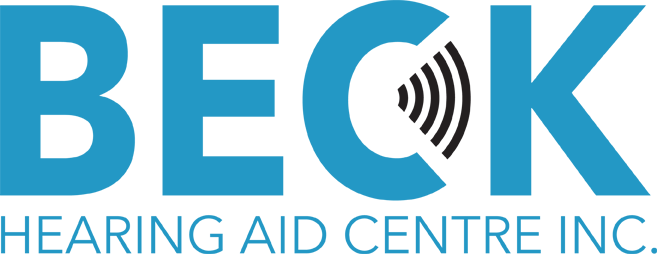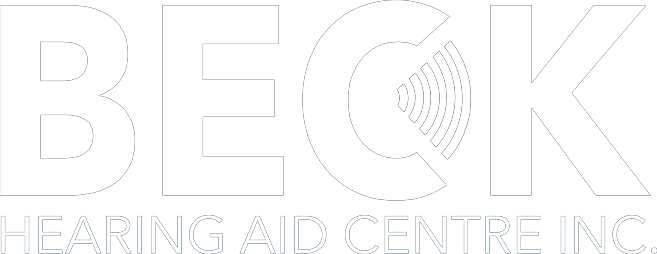Hearing loss is the #1 ACTIONABLE risk factor for early onset dementia, and the earlier it is treated, the better the outcomes.
Reasons to Raise Awareness about Hearing Health
For one thing, people who can’t participate fully in conversation tend to socially isolate themselves, which leads to a less-exercised brain, not to mention loneliness and depression. For a long time, it was believed that this was the main connection between hearing loss and dementia, although scientists suspected something more was happening in the brain.
Recently, groundbreaking studies (Glick and Sharma, 2020) have shown that untreated hearing loss (even mild hearing loss) is associated with neural reorganization and cognitive deficits in the brain. In short, if the area of the brain used for processing auditory input (incoming sound) is deprived of that input because hearing is diminished, other senses take over that area and rewire the brain. The studies show responses to visual cues, as well as somatosensory inputs (pain, pressure, warmth, etc.) are being processed in the auditory cortex. If the sounds we should be hearing – whether they be speech, music, birds chirping, a clock ticking – do not get to the brain properly, the part in the brain dedicated to receiving those sounds undergoes changes that ultimately affect how we understand, especially in background noise.
Further to this finding, which was shown on brain scans of the participants, the adults in the study who had mild to moderate hearing loss (several of whom didn’t know they had any loss prior to the study), performed poorer on all cognitive functions than the normal hearing group. Within 6 months of regular hearing aid wear, the cognitive function of the hearing loss group significantly improved.
Thus, it is safe to say that with early intervention and proper hearing aid rehabilitation, we can undo the potential damage the brain has undergone due to the hearing loss.
In the words of famous American author and activist Helen Keller, “Blindness separates us from things, but deafness separates us from people”. This May, do yourself a favour and get a free hearing health check at Beck Hearing. The earlier we help you identify and treat a hearing loss, the better the outcome for your brain.


